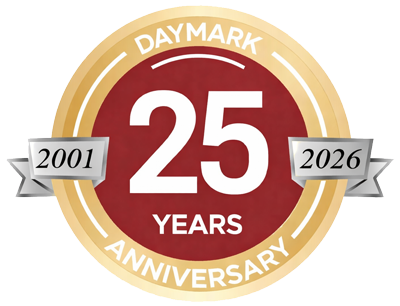IT teams in most Life Science organizations have an unending To-Do list of projects to tackle. Their hands are full with various initiatives to support growth mandates while adjusting and keeping up with constant change in this highly competitive, fast-paced industry. While maintaining an eye on industry trends is necessary, fundamental IT work remains. This is the keep-the-lights-on type of work that falls under the not so sexy, but very important category of “data governance.”
Keeping IT’s Head Above Governance Waters. . .
For IT teams struggling with growth initiatives, mounting and ever-changing regulations cannot be ignored. Data privacy, security and compliance must still be assured. Protection from potential data breach is critical and efforts to ensure proper data audit trails, unquestioning data integrity, and effective data lifecycle management are ongoing.
“Efforts to ensure proper data audit trails, unquestioning data integrity, and effective data lifecycle management are ongoing.”
This includes the sorting and classification of all your dark data with proper controls, where needed. This includes unstructured or semi-structured data still lurking about in your company’s file shares, SharePoint servers and email system.
How can IT achieve the right balance between its long list of growth and data governance projects? And, how far is far enough when it comes to governance?
We don’t presume to have all the answers. But, our experience with Life Science organizations gives us some perspective as well as a few, proven governance rules-of-thumb to help keep your IT team sane.
Read More













